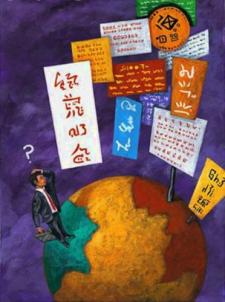Here are some
useful resources for examining how media literacy education is applied
in departments of mass communication around the world.
Over 500 young adults across the Middle East, North Africa, Europe and the United States get skills, knowledge & relationships that help them to positively influence their broader societies. Soliya has now worked with nearly 40 universities in 14 countries, and the program has been recognized for its impact by CNN International and the
United Nations Alliance of Civilizations Initiative amongst others. See the CNN video that shows the program in action.
University of Maryland
This curriculum reflects a desire to emphasize not only traditional media theories but also to challenge those theories within a greater framework of new media and media literacy. It relies on five notions of global citizenship: 1) access to media, 2) awareness of media power, 3) assessment of how media cover international events and issues, 4) appreciation for media's role in creating civil societies, and 5) action to encourage better communication across cultural, social and political divides. Students created web pages introducing specific topics to to media studies using a media literacy education approach.
University of Barcelona
This paper describes the theoretic background of the concept of media literacy and proposes a model for media literacy education in higher education, based on a recent experience at the University of Barcelona. This experience involved 30 students in the frame of the eCLIPse project, a European Media Literacy program partly funded by the European Commission (eLearning initiative). The project has just reached the end of its first phase and is currently being carried out with 65 students from 4 different European universities. It focuses on media and representation: students analyze the portrayal of ethnic minorities and immigrants in the media.
Penn State University
This paper describes a university course for non-specialists in mass communication, entitled, "Pop Culture as Pedagogy." The two-fold emphasis of this course explored (1) raising consciousness about portrayals around race, gender, class, and sexual orientation in popular entertainment media; and (2) helping learners to develop effective ways of drawing on popular culture to deal with diversity and equity issues in their lives.
Topics
Population
